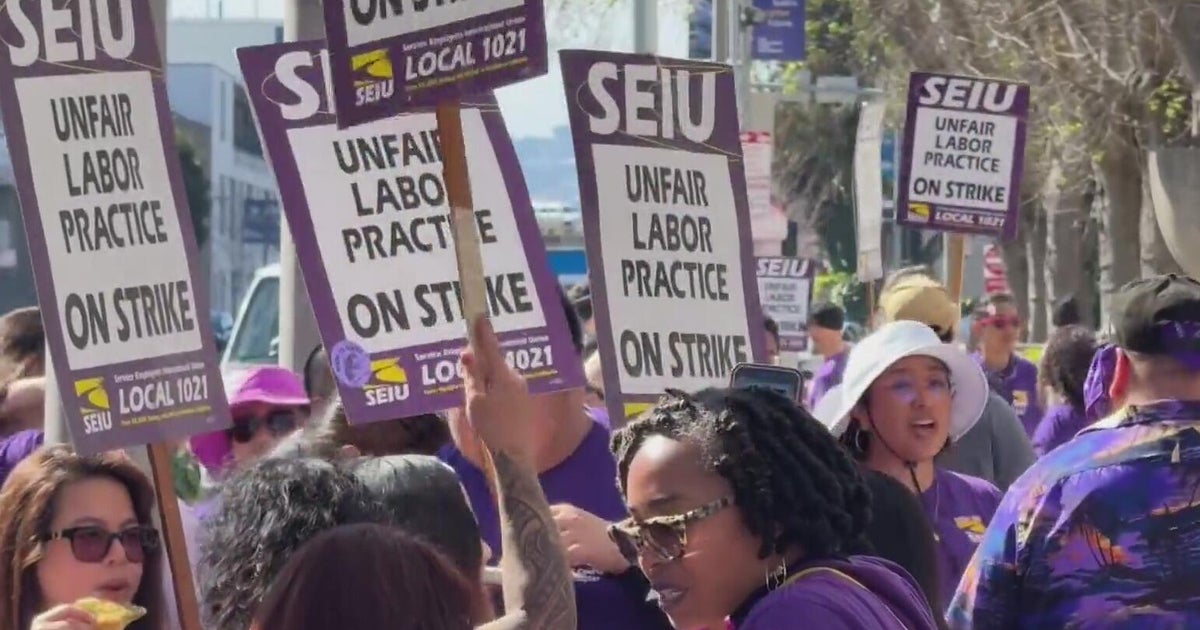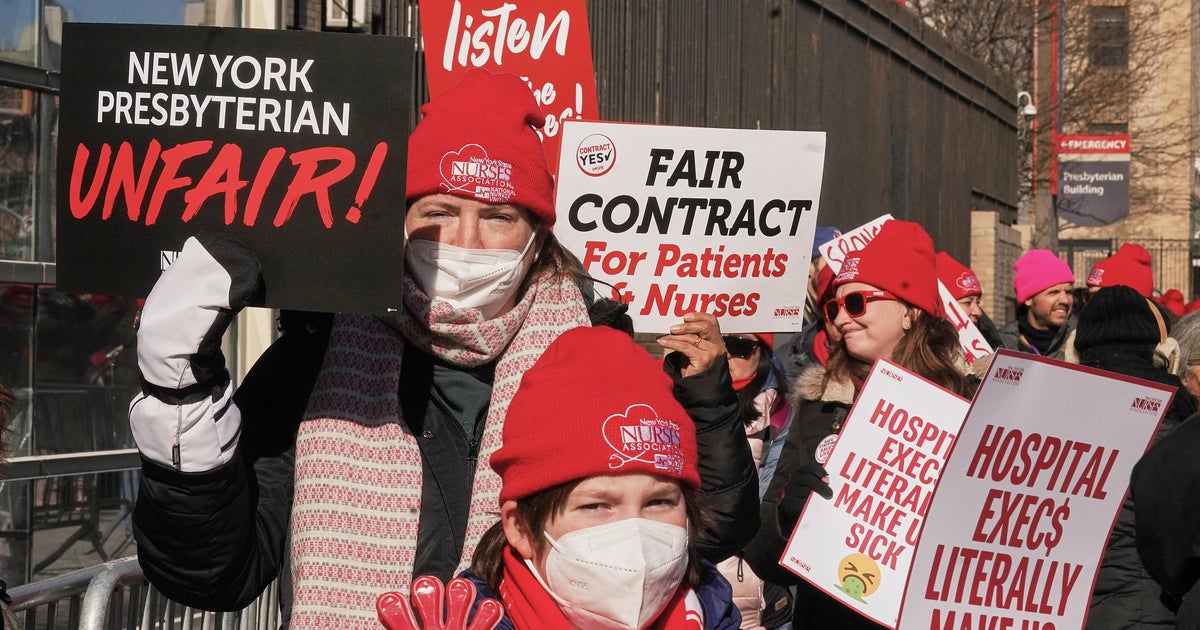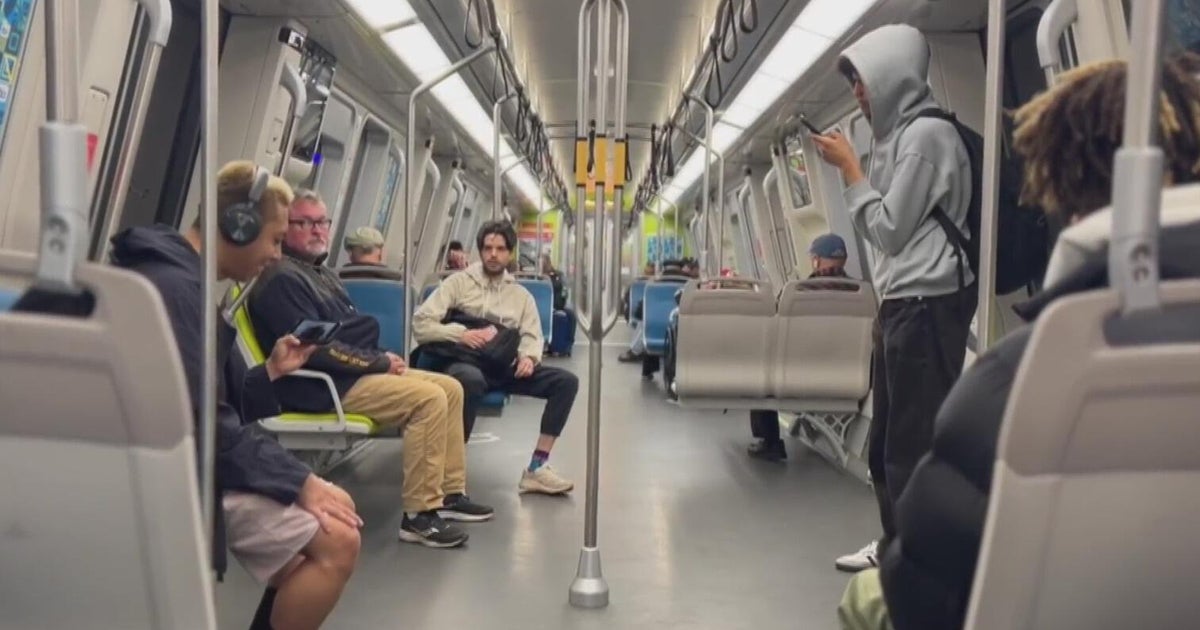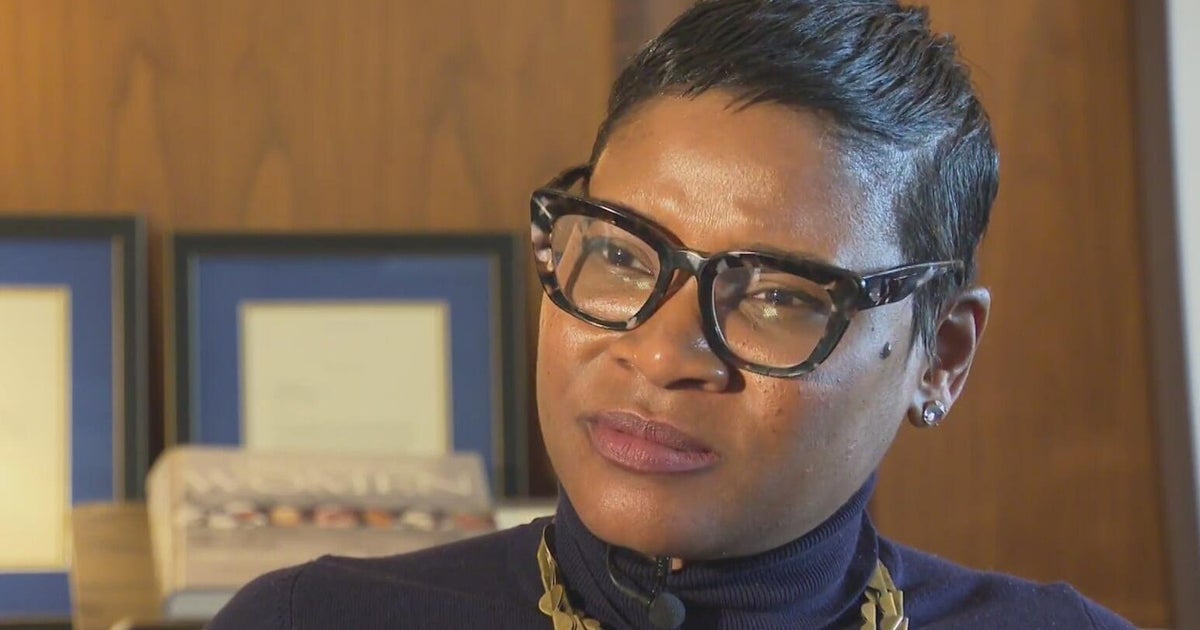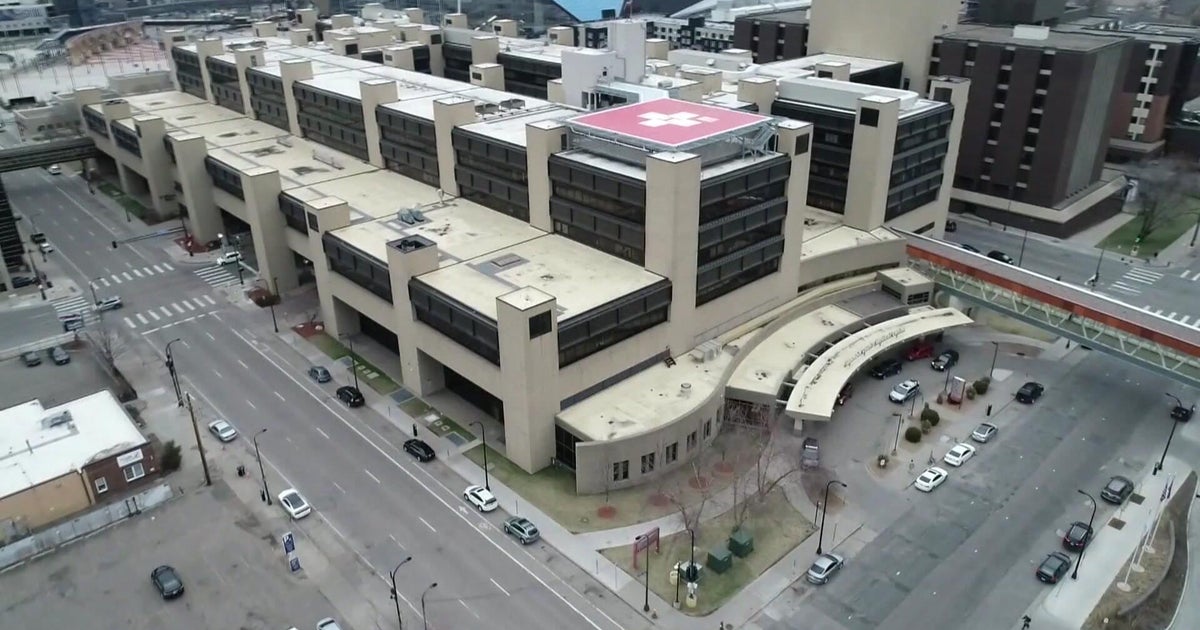Kaiser mental health clinicians set to strike Monday
OAKLAND -- More than 2,000 Kaiser Permanente mental health professionals in Northern California and the Central Valley are set to begin what organizers call an "open-ended strike" Monday morning.
Negotiations involving management and psychologists, social workers, marriage and family therapists and chemical dependency counselors ended without resolution Saturday.
The National Union of Healthcare Workers said in a statement Sunday that Kaiser rejected "union proposals to increase staffing and end dangerously long waits for mental health therapy appointments."
Employees plan to walk picket lines from 6 a.m. to 2 p.m. Monday at Kaiser facilities in San Francisco, San Jose, Fresno, and Sacramento.
The union said during bargaining Friday and Saturday, clinicians accepted a wage offer from management, but Kaiser rejected a proposal including provisions aimed at increasing staffing and reducing appointment wait times.
"We've been telling Kaiser executives since day one that this isn't about money," said Jennifer Browning, a Kaiser social worker in Roseville and part of the union's bargaining team. "It's about our professional integrity and our ability to provide care that will help patients get better."
Kaiser released a statement Sunday, saying despite the coming walkout, they have plans to meet patients' needs. Deb Catsavas, Kaiser's senior vice president of human resources in Northern California, said there are two main issues.
"One is wage increases and the other is the union's demand to increase the time therapists spend on tasks other than seeing patients," Catsavas said. "The primary role - and essential need - for our therapists is to provide mental health care and treat our patients. The remaining issue being negotiated with NUHW is the amount of time therapists spend on administrative tasks such as documentation, planning and other office activities rather than directly treating patients.
"In recognition of our therapists' concerns and priorities, we have proposed an increase in the scheduled time allocated to administrative tasks, but the union is demanding still more administrative time."
Catsavas said Kaiser recently reached an agreement with the same union in Southern California for 1,900 mental health professionals.
Kaiser said some clinicians will remain on the job, and it has expanded its network of "high-quality community providers and will continue to prioritize urgent and emergency care." Some non-urgent appointments may need to be rescheduled and patients whose appointments may be affected will be contacted directly prior to the date of the appointment.
The union said state law requires Kaiser to pay for out-of-network services if it's unable to provide urgent mental health appointments within 48 hours, and non-urgent appointments within 10 business days, unless the therapist determines that a longer wait would not be detrimental to the patient's health.

